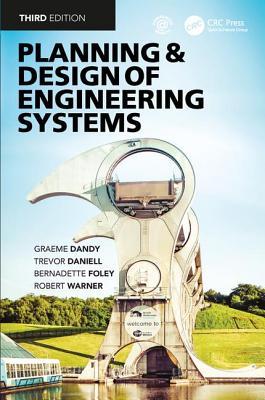This newly updated book offers a comprehensive introduction to the scope and nature of engineering work, taking a rigorous but common sense approach to the solution of engineering problems.
The text follows the planning, modelling and design phases of engineering projects through to implementation or construction, explaining the conceptual framework for undertaking projects, and then providing a range of techniques and tools for solutions. It focuses on engineering design and problem solving, but also involves economic, environmental, social and ethical considerations.
This third edition expands significantly on the economic evaluation of projects and also includes a new section on intractable problems and systems, involving a discussion of wicked problems and soft systems methodology as well as the approaches to software development. Further developments include an array of additional interest boxes, worked examples, problems and up-to date references.
Case studies and real-world examples are used to illustrate the role of the engineer and especially the methods employed in engineering practice. The examples are drawn particularly from the fields of civil and environmental engineering, but the approaches and techniques are more widely applicable to other branches of engineering.
The book is aimed at first-year engineering students, but contains material to suit more advanced undergraduates. It also functions as a professional handbook, covering some of the fundamentals of engineering planning and design in detail.
